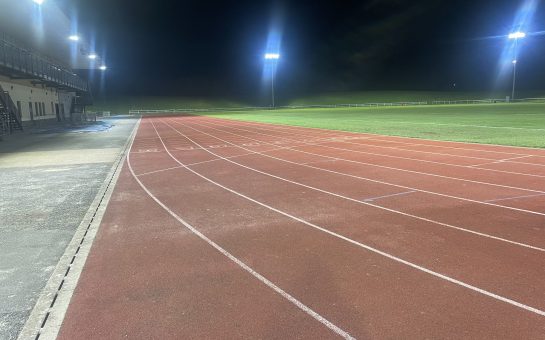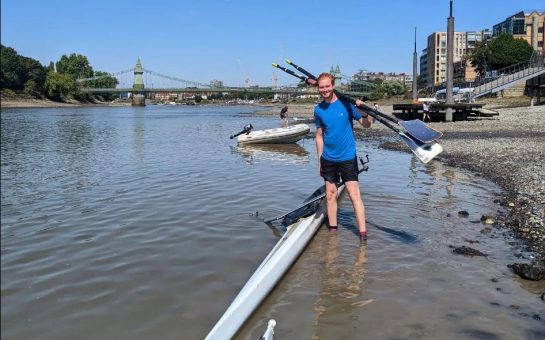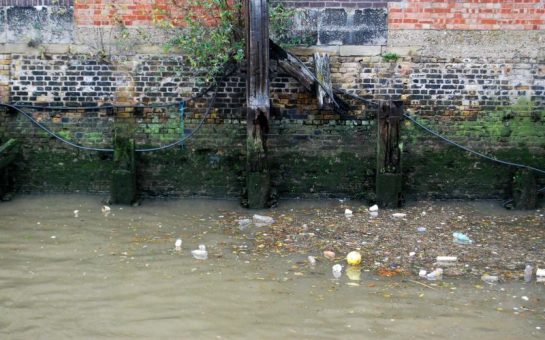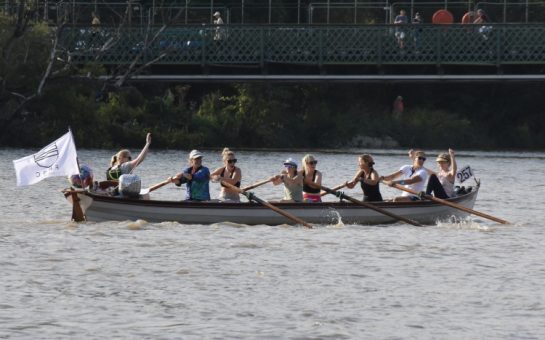When looking at Great British rowing in recent years, the likes of Sir Steve Redgrave, Dame Katherine Grainger and Sir Matthew Pinsent are, for obvious reasons, the first names that would spring to mind.
However, it is Mark Edgar, the head physio for the Team GB rowing team across six Olympic games that has been the constant.
From those six Olympic games, Edgar still cannot pick a favourite one.
He said: “Atlanta 96 was my first ever Olympics so that was really exciting. 2000 in Sydney was amazing because we did really well, Steve Redgrave got his fifth gold medal, the eight won and the women won their first Olympic gold medal which was really impressive.
“Then Athens in 2004 was the home of the Olympics so that was quite cool. 2008 we went to Beijing and Beijing and China were kind of just opening up so that was quite different.
“London 2012, being a home Olympics, that was pretty cool and then to go to Rio and do South America, that was incredible. They’re all individually special.”
During his 30 years in charge of physiotherapy for Team GB rowing, a lot has changed, and Edgar, the owner of Sheen Physiotherapy Clinic, was at the forefront of this change in British rowing’s purple patch.
Over the years, Edgar saw the introduction of UK Sport, which in turn, led to what is now British Rowing Start, a talent identification being set up.
Before Edgar’s second Olympic games in Sydney in 2000, UK Sport and lottery funding came into play, something that Edgar was tasked with integrating into rowing.
He said: “In 1996, at my first Olympics in Atlanta, it was just Dr Ann Redgrave and me and we were amateurs.
“Throughout my time, we introduced more physios, full-time doctors and doctors and physios for the under-23s and the juniors.”
“We integrated lottery funding into rowing which meant we had to integrate the Great British rowing team into the English Institute of Sport (EIS).
“One of my roles was to integrate the professionalism of the EIS into the Great British rowing team.
“British Rowing Start allowed people to go to schools and clubs and introduce people to rowing which has been extremely beneficial for the medal total.
“It also shows a little bit of the good use of the people’s lottery money, because to be honest we wouldn’t have been able to do that without the lottery money.”
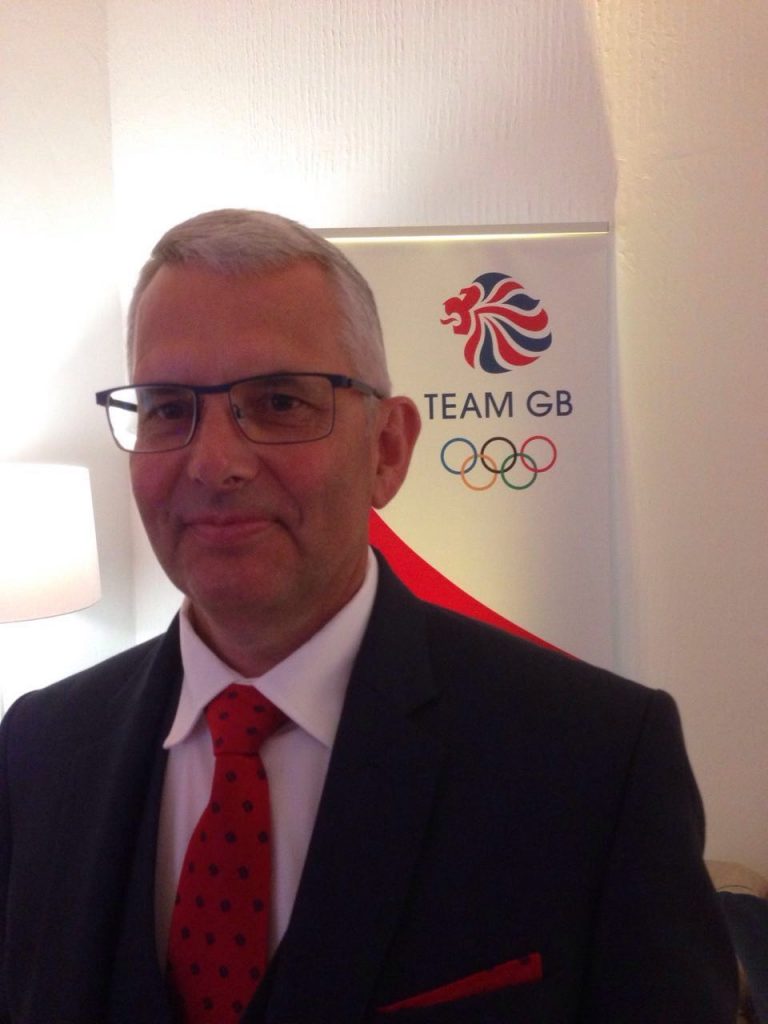
In 2005, a year after attending his third Olympics in Athens, rowing was given Paralympic status, giving Edgar another team to look after.
The Paralympic team now have their own physio team, something else that Edgar was responsible for.
He added: “We had to integrate the medical requirements of the Paralympians and their support service into the normal running and training, so that just brought different things.”
“Each one of the Paralympians have a story of their own to tell because they’re in the Paralympics and that’s really important.
“They train really hard and the Paralympics is pretty damn special.”
When it comes to sacrifice, it is usually the athletes themselves whom we consider, yet Edgar himself missed a rather momentous occasion in his role: the birth of his second child.
He said: “Any mother would tell you the weight of their child. But when Timothy, my second child, was born I was actually on training camp in France.
“I flew up for the day, missed the birth, stayed over and flew back the next day.
“Steve and Ann Redgrave put me in a car and took me to the airport.”
In September 2019, Edgar finished his time with Team GB and is able to reflect positively on his favourite memories over the years.
He said: “In my six Olympics, I think there are 80-odd athletes who received an Olympic medal, 35 of those athletes have at least one Olympic gold, I don’t think there’s another sport that’s got that.”
One of Edgar’s favourite parts of the job was when he was able to work with athletes that had been struggling with serious injury and went on to achieve immense success.
One example of this would be Tim Foster, a member of the Coxless four team who won a bronze medal in Atlanta in 1996 and went on to win gold in 2000 in Sydney.
Edgar explained: “Tim had a bit of a back problem in both Atlanta and Sydney, so it was a matter of getting him through that.”
“We were up at 4.30 am doing a programme with him, but when you see an athlete that’s been injured that you’ve had some input in succeeding at the highest level, that’s a great feeling.”
